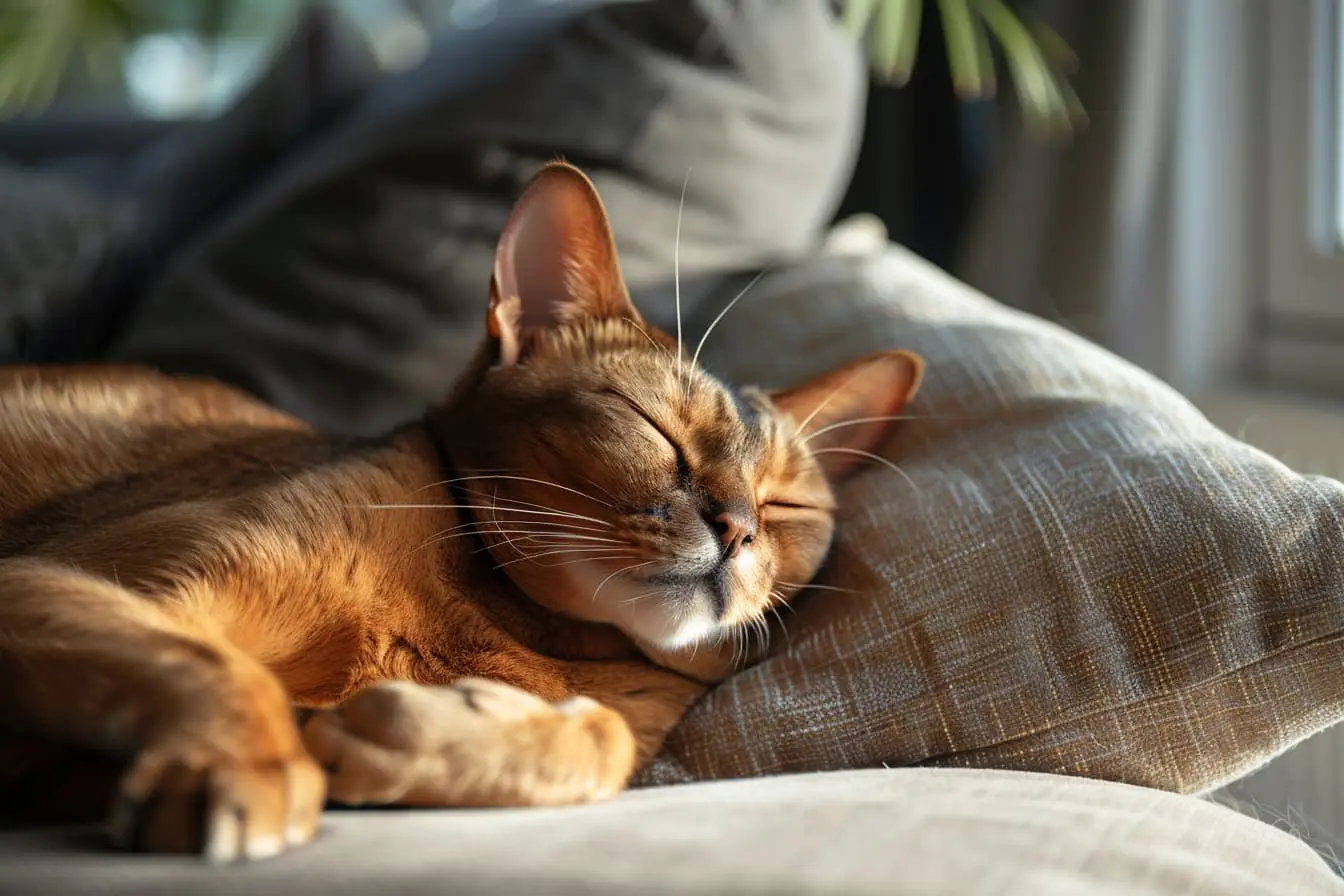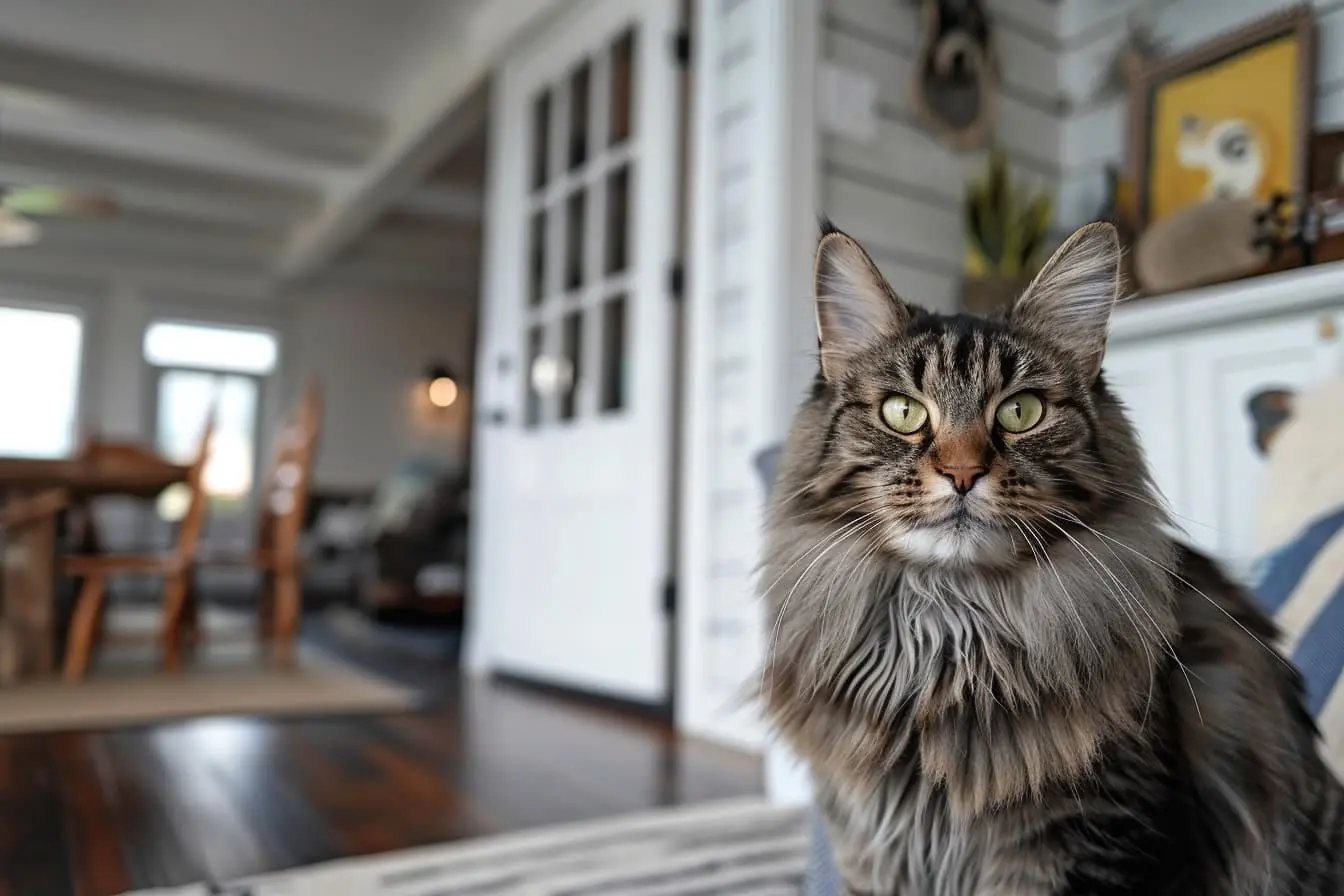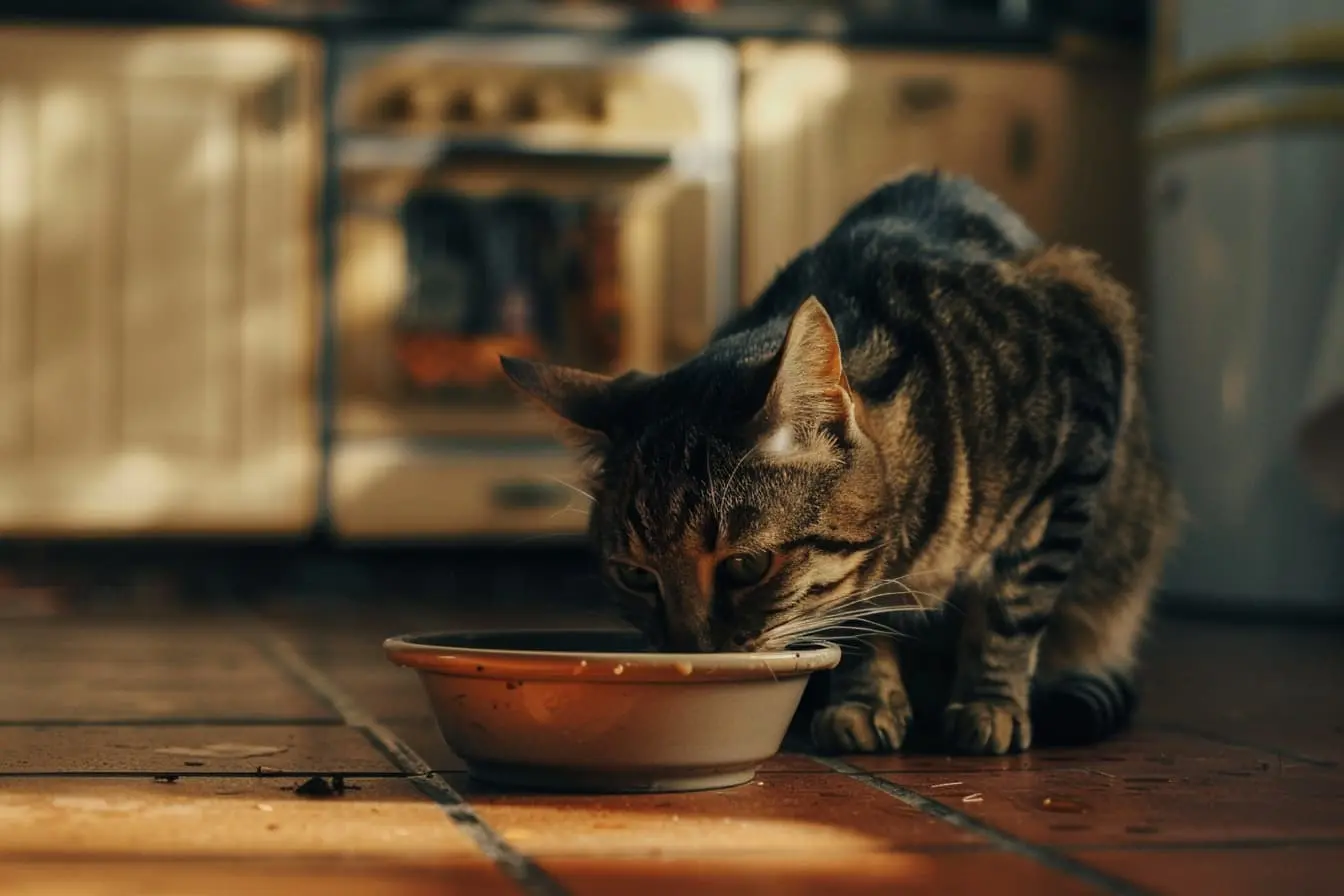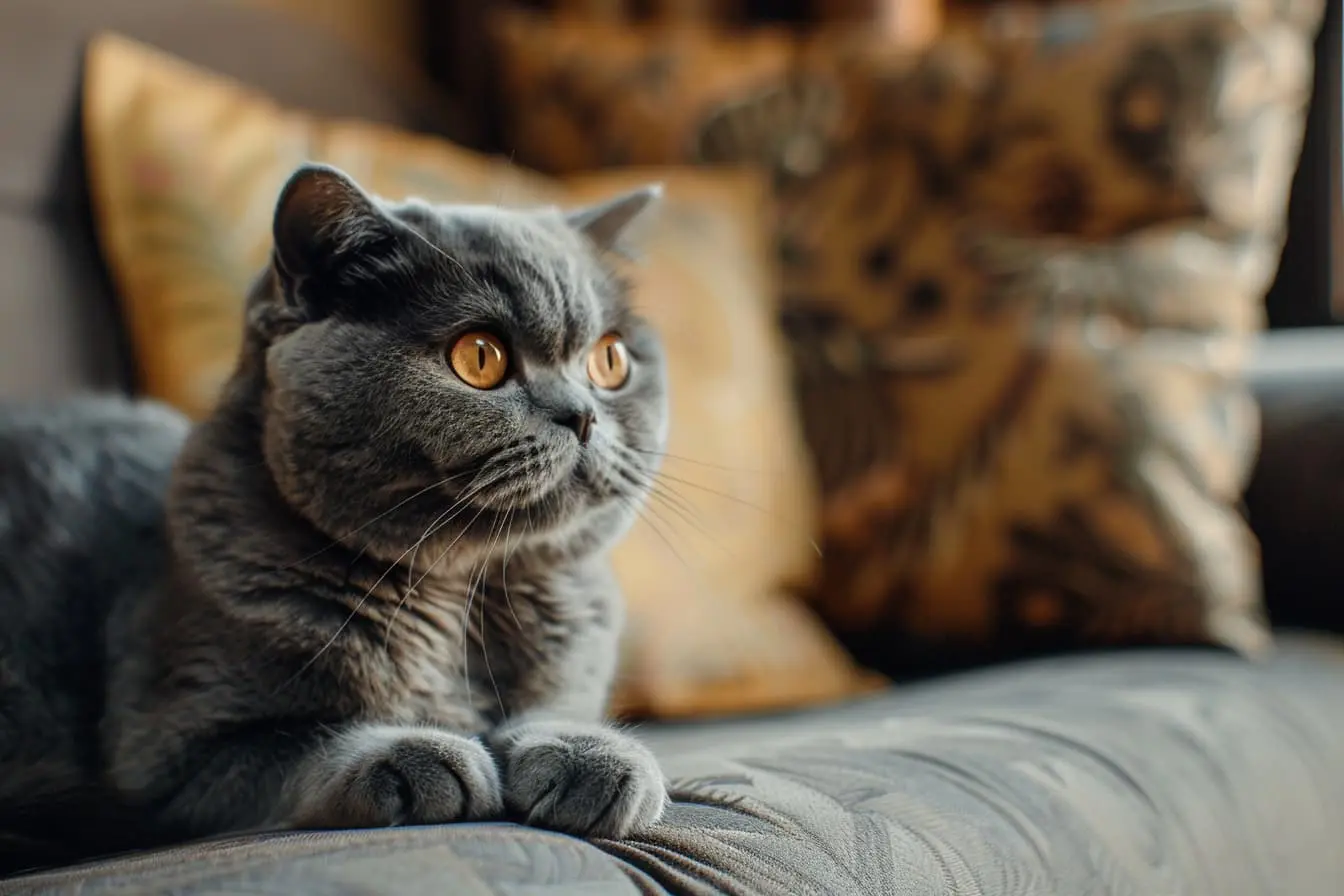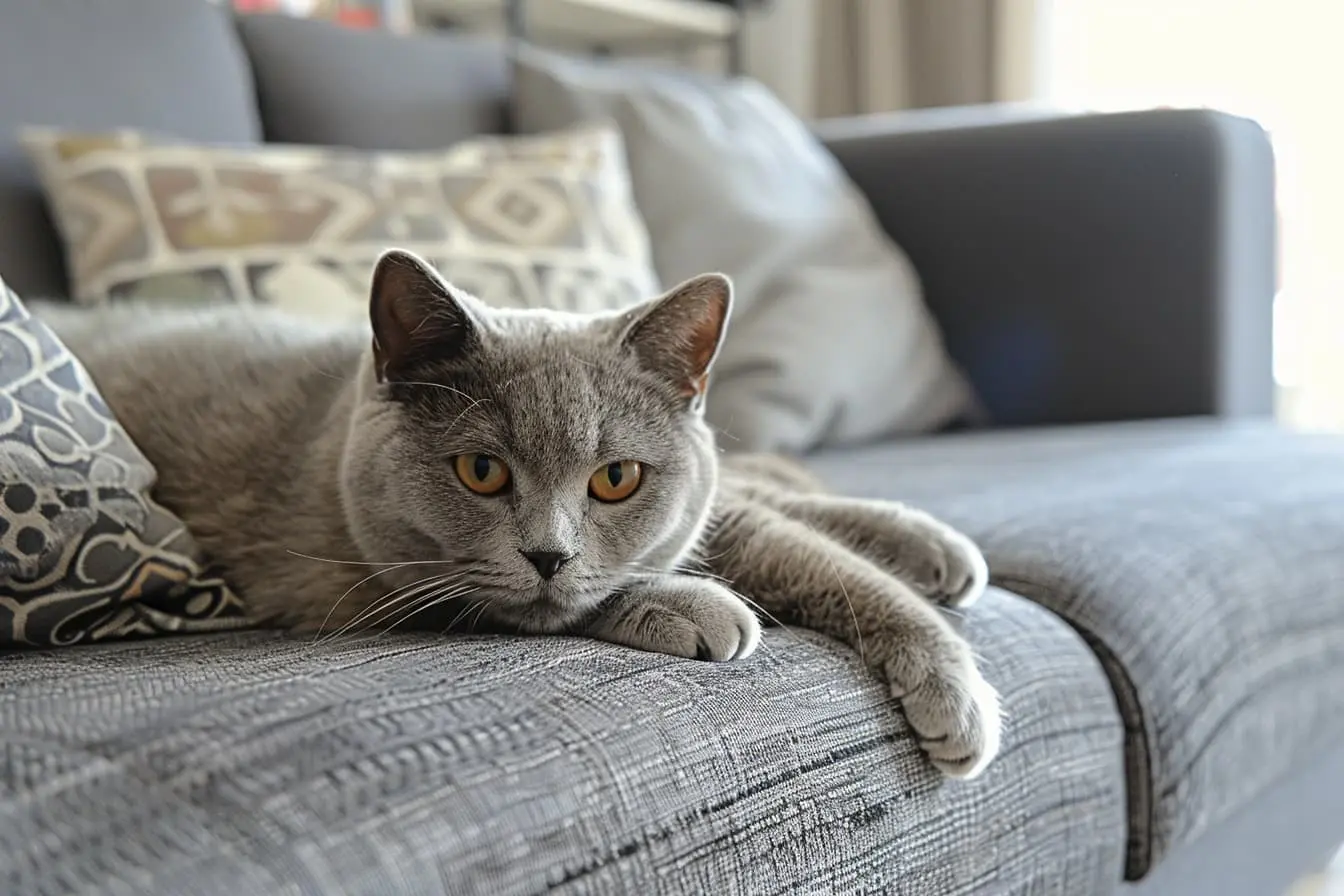
Is a British Shorthair the Right Cat for You? A Comprehensive Guide for Prospective Owners
Welcoming a cat into your home is a decision that brings joy, companionship, and a bit of mystery into your life. Among the many breeds to consider, the British Shorthair stands out for its endearing appearance, calm demeanour, and robust health. However, like with any pet, understanding the breed's specific needs and characteristics is key to ensuring a harmonious relationship between you and your new feline friend. This guide is designed to help prospective British Shorthair owners discern whether this charming breed is the right match for their lifestyle.
Breed History and Characteristics
The British Shorthair, one of the oldest English cat breeds, is well-known for its dense coat, broad face, and large, round eyes, often creating a teddy bear-like appearance. Originally bred for hunting due to their strong build and agility, these cats have evolved into affectionate and easy-going companions suited to various living environments.
Temperament
British Shorthairs are renowned for their calm and reserved nature. They are not overly demanding of attention but appreciate affection from their owners. This breed is particularly good with children and other pets, making them excellent family cats. However, they do enjoy their independence and can entertain themselves, which is perfect for working individuals or families with busy schedules.
Health and Lifespan
One of the breed's most appealing traits is its robust health. British Shorthairs have an average lifespan of 12 to 20 years, a testament to their sturdy genetics. Common health issues are limited but can include heart disease (HCM), polycystic kidney disease (PKD), and obesity. Regular veterinary check-ups and a balanced diet are essential to prevent these conditions and ensure a long, healthy life.
Care and Grooming
Despite their dense coats, British Shorthairs are relatively low maintenance when it comes to grooming. A weekly brush is often enough to remove dead hair and minimise shedding. However, during the spring and autumn, they may shed more heavily, requiring more frequent grooming sessions.
Obesity can be a concern for this breed due to their laid-back nature. Owners should monitor their cat's diet closely and ensure they get enough physical activity through play and interaction.
Living Environment
British Shorthairs adapt well to both flats and houses with or without gardens. They are not known for being great climbers or jumpers, so high perches are not a necessity. However, they do appreciate scratching posts and interactive toys to keep them engaged and active.
Training and Socialisation
These cats are intelligent and can be taught basic commands or tricks with patience and positive reinforcement. Early socialisation is crucial, especially if you have a busy household or other pets, to develop a well-adjusted and sociable cat.
Considerations for Prospective Owners
- Space: British Shorthairs do well in various living situations but appreciate having their own space where they can retreat and relax.
- Time and Interaction: While independent, they do bond with their owners and enjoy interactive play. Ensure you can dedicate time to engage with your cat daily.
- Financial Commitment: Consider the long-term financial commitment of cat ownership, including food, veterinary care, and pet insurance.
Conclusion
The British Shorthair can be a wonderful addition to the right home, offering companionship, love, and a touch of regal elegance. Their easy-going nature and robust health make them an appealing choice for first-time cat owners and seasoned cat lovers alike. However, like any pet, they require commitment, love, and understanding to thrive. If you're ready for the rewarding challenge of cat ownership and find the characteristics of the British Shorthair appealing, this breed may well be the perfect companion for your home.
Before making your final decision, consider visiting cat shows, breeders, or shelters to interact with British Shorthairs and gain firsthand experience. Remember, adopting a cat is a lifelong commitment that should be made with careful consideration and love.
Vets near you
Speciality vets
- Aquatics vet specialists
- Birds vet specialists
- Camelids vet specialists
- Cats vet specialists
- Cattle vet specialists
- Deer vet specialists
- Dogs vet specialists
- Equines vet specialists
- Exotic vet specialists
- Goats vet specialists
- Pigs vet specialists
- Poultry vet specialists
- Sheep vet specialists
- Small Mammals vet specialists
- Wild vet specialists
Vet facilities
- Accessible by public transport
- Blood testing
- Car park nearby
- Client car park
- Dentistry
- Diagnostic imaging
- Disabled public access
- Flea and worm treatments
- Microchipping
- Mobile services
- Neutering
- Open at weekends
- Out-of-hours service
- Referral interests
- Referrals only
- Street parking outside
- Toilets available
- Vaccinations
